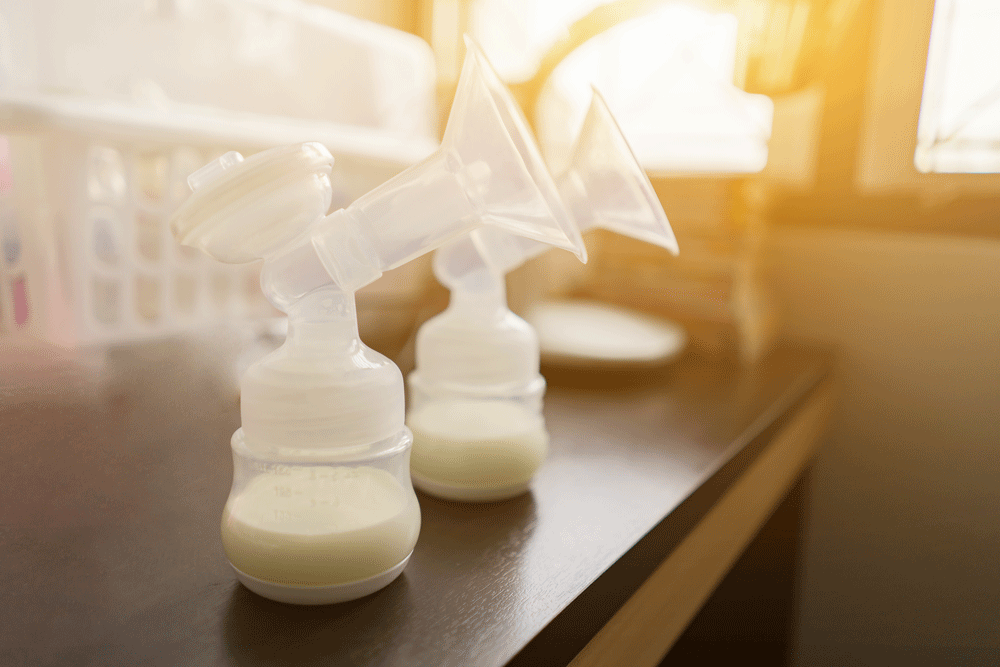How to Talk to Your Boss About Breastfeeding in the Workplace
Returning to work after having a baby can be a difficult time in a new parent’s life. What are your rights as a milk-producing parent in the workplace? It’s important to know the laws and how they can protect you and your family.
In 2021, Minnesota became the third state in the nation to require employers to give milk-producing parents paid breaks to express their milk.
Minnesota law states, “Employers must provide reasonable break times each day to an employee who needs to express breast milk for her infant child during the twelve months following the birth of the child.”
Your employer cannot reduce your pay or retaliate for the time that you’re expressing breast milk. They must also provide you with a private room or location close to work to allow you to lactate. This private area cannot be a bathroom or bathroom stall.
Still, some people struggle with how to approach their boss about their new needs. Below are some tips to help you start a dialogue with your employer about breastfeeding in the workplace.
A good time to start your discussion would be prior to your baby’s delivery, if possible. Develop your plan and speak with your supervisor or human resources department about the logistics. Remind them that the law entitles you to a clean and private space.
Be specific about your needs. Let them know how many breaks you plan to take per day and how long each break will last. Develop a plan for where you will store your breast pump and milk during the workday.
Below are a few scenarios and ways you can respond to your employer if you find yourself in that situation.
First, talk with your co-workers if you are able and see how they’ve managed to pump while at work in the past. It is important that your employer understands the health benefits and your right to pump while at work. You should help manage expectations so that they how often you’ll need to pump — every three hours for about 15 minutes.
How to respond if your employer insists that you use a bathroom stall?
Remind your employer that a bathroom stall is not a clean environment to pump in.
If your employer asks you how your position will be covered during all your breaks, what should you say?
You could refer to how it has been done with other employees but if not, put your ideas on how to accomplish this on paper or in an email, with the expectations of the time needed as listed above.
What can you do if you’re told you can’t store your milk in the breakroom fridge?
You can store milk in a cooler packed with ice or ice blocks. Freshly pumped milk can be stored safely at room temperature for up to 4 hours.
What if your employer places a limit on how many breaks you can take for lactation?
The law is there to protect you from this.
How should you respond to your employer if they insist you clock out for your pumping breaks?
Pumping is something that is worthwhile to accomplish in keeping up your milk supply. It is the employee’s right to do this.
If your employer refuses to make accommodations or retaliates against you, what can you do?
Contact the Minnesota Department of Labor for support and guidelines.
These conversations are important to have with your employer before the baby comes.
